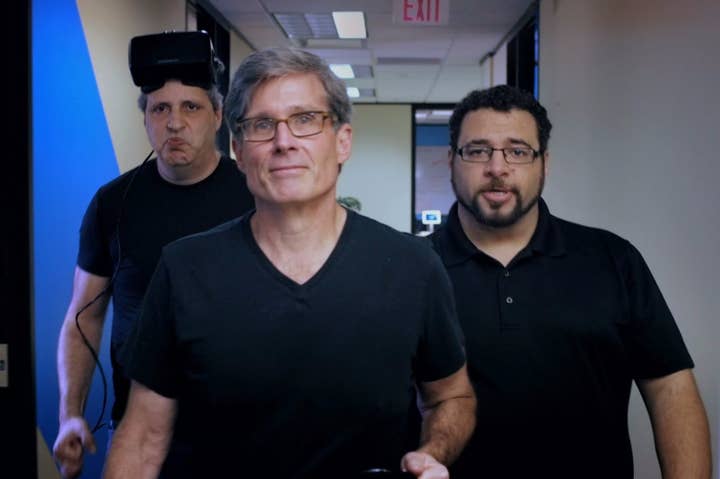MaxPlay cuts most of its team in move towards licensing
Engine startup forced to axe majority of its 70 staff after funding deal fell through
MaxPlay has laid off the majority of its staff, with the remaining team at the San Francisco-based engine company now focused on licensing its technology.
Sinjin Bain, the company's CEO, told Venturebeat that the majority of its 70 staff lost their jobs on September 30, after a deal to secure more funding fell through. MaxPlay had already raised $17 million, but it evidently required more to execute its ambitious plan to challenge entrenched players like Unity, CryEngine and Unreal.
"For a variety of reasons, more on the side of the money guys and not because of us, the transaction didn't go through," Bain said. "At the last minute, they pulled out of their commitments and left us in a very difficult place. We had several groups looking to acquire us, and for a variety of reasons those didn't pan out."
According to Bain, MaxPlay's former employees have mostly been successful in finding new jobs, with Amazon's Lumberyard and Magic Leap listed as key hiring companies. Despite the massive reduction in staff, though, Bain insisted that, "our company still exists, and we are looking at opportunities to license the code base.
"We had a number of developers signed and working with the code. We had no shortage of people.There was a high demand and high interest in what we were doing. That is what was so disappointing. I think you will see several companies license our technology."
We met with MaxPlay at the start of this year, when Bain seemed full of confidence that the company's focus on rapid iteration and the modern phenomenon of dispersed development teams would give it an edge in the highly competitive engine market.
"[Unity is] a ten, fifteen-year-old legacy architecture, and the same thing is true with the Unreal Engine," he said at the time. "We've had the luxury of coming at this thing fresh, and that goes all the way down to our runtime technology.
Bain continued: "It just seems to us that there have got to be better ways to work as an industry than we have. I would be hard-pressed to put 200 people who make games in a room and say, 'Hey guys, are we doing the best we can?' I think everybody would go, 'There's gotta be a better way. There's got to be.'"
MaxPlay isn't the only engine company to encounter difficulties recently. In September last year, Marmalade ceased production and pulled support of the longstanding Marmalade Game Platform. The 17 year-old company's strategic shift involved a "considerable" but undisclosed number of redundancies.









